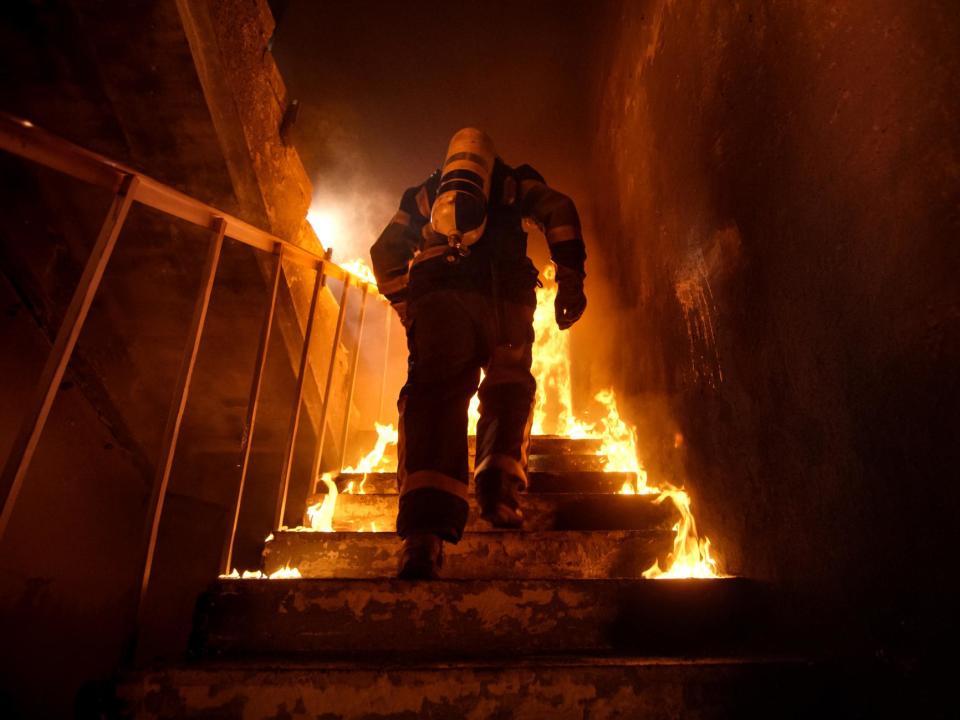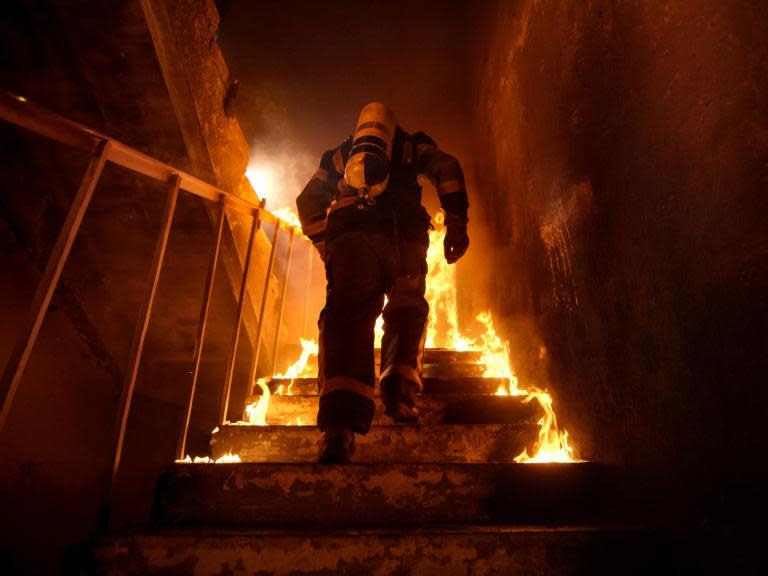Hundreds of fire deaths may be linked to skin creams, senior firefighter warns
Skin creams used to treat common conditions like eczema could be linked to hundreds of fire deaths, a senior firefighter has warned.
Chris Bell, a watch commander with West Yorkshire Fire and Rescue Service, said creams containing paraffin can be a fire hazard, particularly when they soak into fabrics.
“People are using paraffin-based skin products to treat eczema, psoriasis and various other skin creams, putting it all over their bodies and different parts of themselves – treating themselves for those different skin conditions,” he told BBC Radio 5 live.
“But unfortunately, that cream can get into fabrics, clothing, bandages and dressings, and become flammable. The creams are safe to use in their own right, but if that person is exposed to a naked flame or some other heat source, they can go up.”
Last year, a BBC investigation found 37 deaths had been linked to paraffin skin creams in England since 2010.
However, Mr Bell said the actual number of deaths is likely to be far higher.
“Hundreds of thousands of people use them, we’re not sure how many fire deaths might have occurred but it could be into the hundreds,” he said.
Mark Hazelton, group manager for community safety in the London Fire Brigade, told the BBC that many fire services do not have forensic teams capable of determining the role that paraffin cream plays in fires.
On the release of the BBC’s initial investigation, borough commander for London’s Wandsworth Fire Station, Darren Munro, said: “In four out of the last six fatalities that I’ve personally attended, I would say the emollient cream has had a direct result in the flame spread and the speed at which the fire took hold.
“The creams themselves aren’t dangerous; it only becomes dangerous when you mix it in with other factors.”
The Medicines and Healthcare products Regulatory Agency (MHRA) advises patients using paraffin-based products not to smoke, use naked flames or go near anything that may cause a fire while creams are in contact with dressings or clothing.
Its advice states: “Patients’ clothing and bedding should be changed regularly – preferably daily – because emollients soak into fabric and can become a fire hazard.”
Last year, the agency asked all manufacturers of paraffin skin creams to add a fire risk warning to their products.
However, the new comments come after an investigation by 5 live Investigates and Inside Out Yorkshire and Lincolnshire found only seven of 38 products containing paraffin that are licensed in the UK carry warnings on their packaging.
In response, the MHRA said it was conducting a review of safety information on these products.
The agency also said it was continuing to “collaborate closely with partner organisations including both manufacturers and the fire service to further reduce the risks associated with paraffin-containing topical products”.
Additional reporting by PA.

 Yahoo News
Yahoo News 

